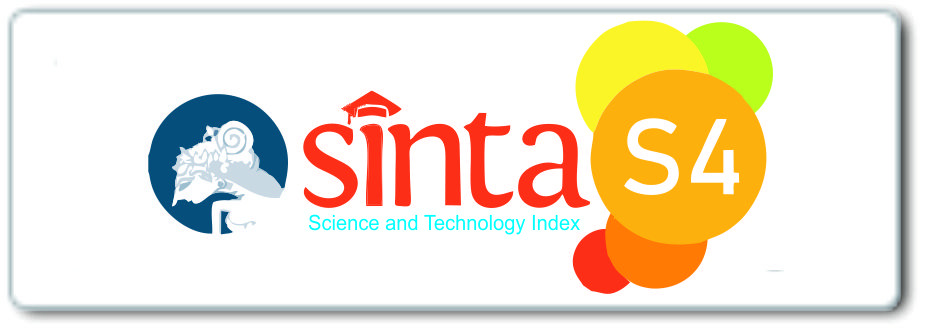Empowering Karang Taruna as an Agent of Change in Improving Mental Health of Adolescents in Rural Communities
DOI:
https://doi.org/10.56988/chiprof.v4i1.77Keywords:
Adolescence, Empowerment, Karang Taruna, Mental Health, StigmaAbstract
Mental health issues among adolescents are becoming an increasingly significant issue, especially in rural areas such as Pangkalan Benteng Village. The lack of public understanding of this issue and limited access to professional services are major challenges in efforts to improve the psychological well-being of adolescents. This community service program aims to empower Karang Taruna as agents of change in supporting adolescent mental health through training, mentoring, and educational activities. The implementation method includes identifying needs through surveys and FGDs, training Karang Taruna members on adolescent mental health and early intervention, establishing adolescent support groups, implementing stress management workshops, awareness campaigns, and individual counseling sessions. The results of the activities showed a significant increase in the knowledge and concern of Karang Taruna members and adolescents about mental health, reduced stigma in the community, and the formation of a more supportive social environment. These findings indicate that empowering local communities such as Karang Taruna can be an effective strategy in addressing adolescent mental health issues, and has the potential to be replicated in other villages in Indonesia.
Downloads
References
C. Sari and W. E. Pujianto, “Pengaruh Karang Taruna Dalam Membentuk Karakter Positif Dan Etika Sosial Pemuda Di Desa Balonggabus,” J. Penelit. Ilmu Ekon. dan Keuang. Syariah, vol. 2, no. 1, pp. 224–237, 2023, doi: 10.59059/jupiekes.v2i1.897.
M. Kingsbury, E. Sucha, I. Manion, S. E. Gilman, and I. Colman, “Adolescent Mental Health Following Exposure to Positive and Harsh Parenting in Childhood,” Can. J. Psychiatry, vol. 65, no. 6, pp. 392–400, 2020, doi: 10.1177/0706743719889551.
N. Higson-Sweeney, K. Cooper, B. D. Dunn, and M. E. Loades, “‘I’m always going to be tired’: a qualitative exploration of adolescents’ experiences of fatigue in depression,” Eur. Child Adolesc. Psychiatry, no. 0123456789, 2023, doi: 10.1007/s00787-023-02243-3.
S. Lea et al., “The support and information needs of adolescents and young adults with cancer when active treatment ends,” BMC Cancer, vol. 20, no. 1, pp. 1–13, 2020, doi: 10.1186/s12885-020-07197-2.
C. van der Westhuizen et al., “Implications for Mental Health Promotion and Prevention Interventions: Findings From Adolescent Focus Group Discussions in Belize, Kazakhstan, and South Africa,” J. Adolesc. Heal., vol. 72, no. 1, Supplement, pp. S105–S111, 2023, doi: https://doi.org/10.1016/j.jadohealth.2021.10.024.
W. Bor, A. J. Dean, J. Najman, and R. Hayatbakhsh, “Are child and adolescent mental health problems increasing in the 21st century? A systematic review,” Aust. N. Z. J. Psychiatry, vol. 48, no. 7, pp. 606–616, 2014, doi: 10.1177/0004867414533834.
Published
How to Cite
Issue
Section
License
Copyright (c) 2025 Jawiah, Mirna Khoirunnisa, Msy Miftahul Jannah, Indah Ayu Prasetyo

This work is licensed under a Creative Commons Attribution-NonCommercial 4.0 International License.




















